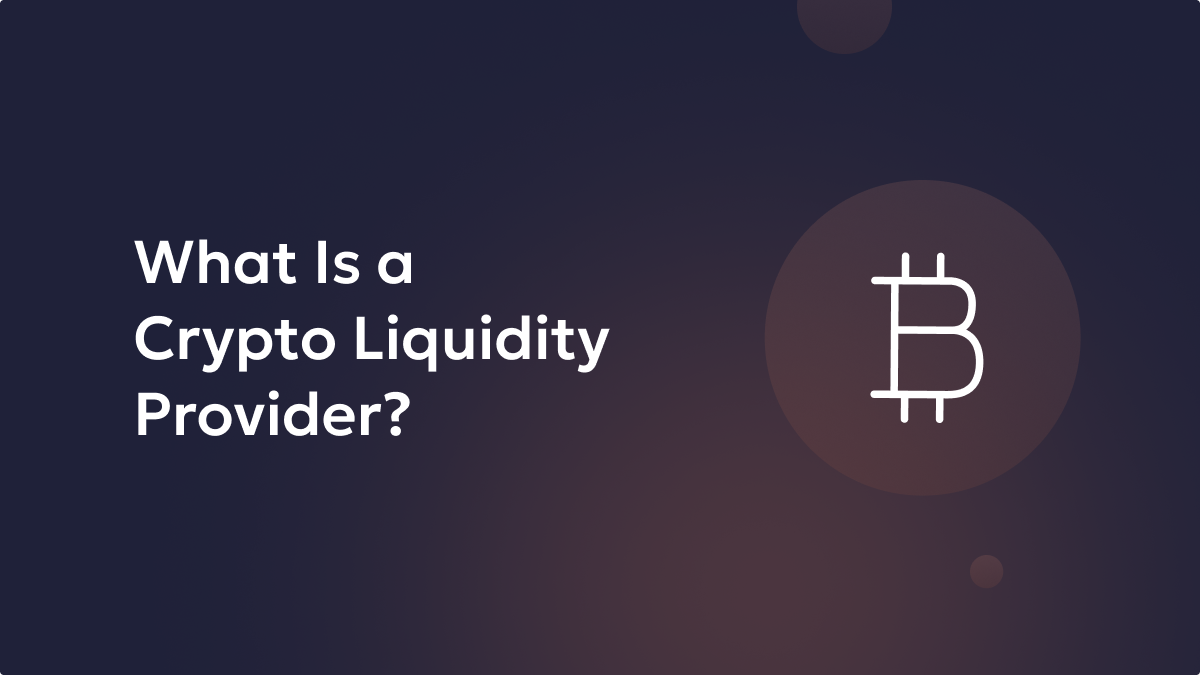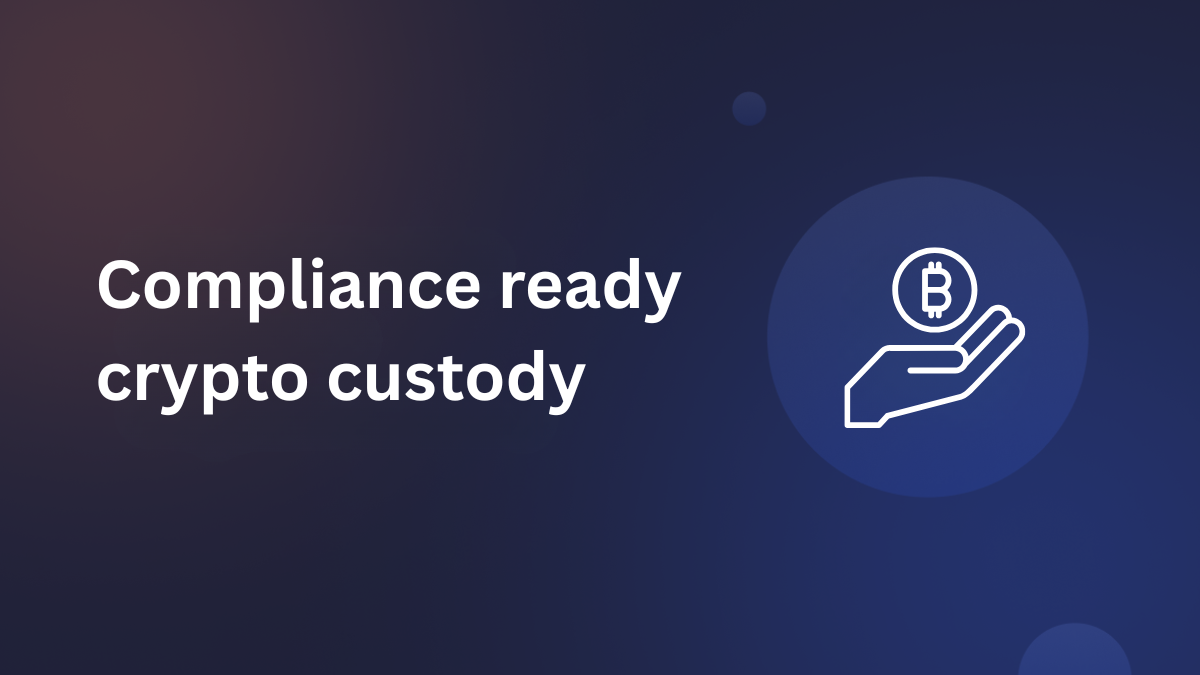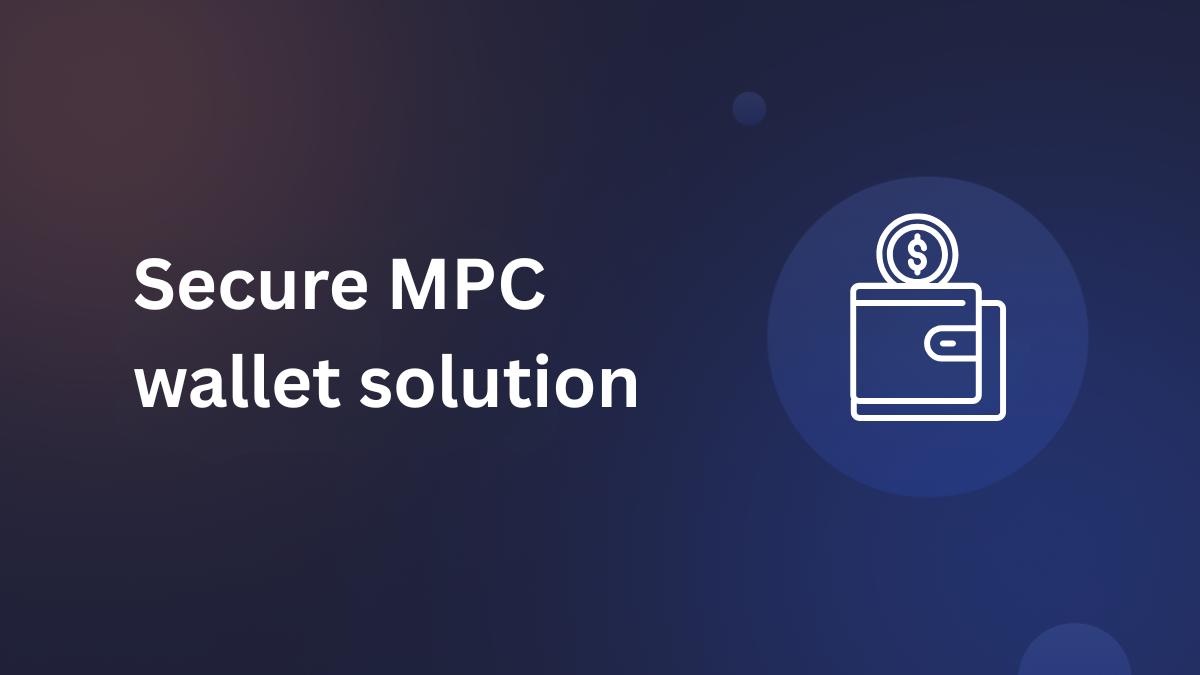In the cryptocurrency market, liquidity refers to how easily assets can be bought or sold without causing significant price changes. High liquidity is crucial for a stable market, reducing volatility and ensuring efficient transactions. Crypto liquidity providers (LPs) play an essential role in maintaining this liquidity.
Key Takeaways
- Crypto liquidity providers (LPs) add funds to trading pairs on exchanges, ensuring market stability.
- LPs enhance trading experience, reduce volatility, and increase market efficiency.
- Types of LPs include institutional LPs, retail LPs, and automated market makers (AMMs).
- LPs face challenges such as market risk, impermanent loss, and regulatory issues.
- Incentives for LPs include trading fees, liquidity mining, and rebates or discounts.
What is a Crypto Liquidity Provider?
Liquidity providers are entities or individuals who add funds to trading pairs on cryptocurrency exchanges, ensuring there are enough buy and sell orders available. This constant presence of orders helps stabilize the market, making it easier for traders to execute transactions quickly and at predictable prices.
How Liquidity Providers Work?
Liquidity providers (LPs) are essential to the functioning of any market, including the cryptocurrency ecosystem. They play a pivotal role in ensuring smooth and efficient trading by providing liquidity to the market.
The Role of Crypto Liquidity Providers
Liquidity providers contribute to a healthy and stable trading environment in several ways:
- Market Making: LPs continuously submit buy and sell orders for various cryptocurrencies at different price levels, creating a balanced market. This helps to narrow the bid-ask spread, the difference between the highest buy price (bid) and the lowest sell price (ask), making it easier for traders to execute orders.
- Order Book Depth: By maintaining a consistent presence in the order book with multiple buy and sell orders, LPs increase its depth. A deep order book means there are numerous orders at various price levels, which helps absorb large trades without causing significant price fluctuations.
- Reduced Slippage: Slippage occurs when the actual price at which a trade is executed differs from the expected price. LPs help minimize slippage by providing sufficient liquidity, ensuring traders can execute orders closer to their desired price.
Types of Crypto Liquidity Providers
There are three primary types of liquidity providers:
- Institutional LPs: These are large financial institutions or trading firms with substantial capital. They typically provide liquidity across multiple exchanges and trading pairs, often leveraging advanced trading algorithms and high-frequency trading strategies.
- Retail LPs: Smaller-scale liquidity providers can include individual traders or small trading firms. They often focus on specific trading pairs or platforms, providing liquidity on a more limited scale.
- Automated Market Makers (AMMs): AMMs are decentralized protocols that use algorithms to automatically provide liquidity. They create liquidity pools where traders can swap tokens. Platforms like Uniswap and PancakeSwap are popular examples of AMM-based exchanges.
Benefits of Crypto Liquidity Providers
- Enhanced Market Efficiency: LPs contribute to increased market efficiency by narrowing the bid-ask spread, which is the difference between the highest price a buyer is willing to pay and the lowest price a seller is willing to accept. A narrower bid-ask spread indicates a more efficient market where the cost of trading is reduced, benefiting all participants.
- Increased Trading Volume and Accessibility: Liquidity providers (LPs) play a crucial role in enhancing the trading experience by ensuring there is sufficient liquidity in the market. With more liquidity, traders can execute large orders with minimal impact on the market price. This is particularly important for institutional traders or those dealing with substantial volumes, as it allows for smoother transactions without causing significant price fluctuations.
- Reduced Volatility and Risk: A well-liquid market is less prone to wild price swings, providing a more stable and predictable environment for traders. When liquidity is high, the market can absorb large trades without significant changes in price, which helps in maintaining market stability and reducing the likelihood of sharp, unexpected price movements.
Challenges in the Crypto Liquidity Space
While crypto liquidity helps mitigate market volatility, it presents several challenges. Here’s a look at the key issues associated with working with a liquidity provider (LP):
- Potential for Fragmented Liquidity: Fragmented liquidity occurs when different exchanges display varying prices for the same tokens. This disparity forces investors to navigate multiple exchanges to execute trades, complicating the trading process. AlphaPoint addresses this issue by enabling exchanges to integrate with multiple liquidity sources, streamlining trading and reducing fragmentation.
- Risks of “Fake” Liquidity or Wash Trading: Wash trading involves entities buying and selling the same cryptocurrency to create a misleading impression of high market activity. This artificial activity, known as “fake” liquidity, can distort market conditions. To combat wash trading, it is essential to partner with reputable and transparent liquidity providers who can ensure genuine market activity.
- Impact of Market Volatility on Liquidity Provision: Market volatility is inevitable, influenced by factors like new developments and innovations. Such volatility can temporarily disrupt crypto markets. A reliable liquidity partner can help your exchange manage these fluctuations, providing the necessary capital to sustain operations during volatile periods.
- Capital Requirements: Extended periods of market volatility demand significant capital to manage risks and maintain positions effectively. Without adequate capital, liquidity issues can arise. Partnering with an LP ensures your exchange has the financial backing needed to navigate market stress and capitalize on opportunities. Efficient post-trade settlements further reduce capital requirements by speeding up the settlement process, thus minimizing the time funds are tied up and lowering the capital needed.
Opportunities for Crypto Businesses
LPs can take advantage of several incentives, such as:
- Trading Fees: LPs receive a portion of the fees generated by the exchanges they provide liquidity to. These fees are distributed proportionally based on the amount of liquidity provided, offering a continuous revenue stream for LPs.
- Liquidity Mining: Some platforms offer additional rewards, such as native tokens, to incentivize liquidity provision. This process, known as liquidity mining, rewards LPs with tokens that can appreciate in value, providing an extra layer of income on top of trading fees.
- Rebates and Discounts: Exchanges often provide fee rebates or trading discounts to LPs to encourage their participation. These financial incentives help to offset the costs associated with providing liquidity and enhance the overall profitability of being an LP.
How to Choose a Reliable Crypto Liquidity Provider
Selecting a dependable crypto liquidity provider is crucial for your business’s success. With many financial institutions offering liquidity pools and order books, making the right choice can significantly impact your operations. Here’s a checklist to guide you in finding a reliable provider.
Pricing Policy
The cost of liquidity services is a key factor in choosing a provider. Different providers offer various pricing plans based on the services they offer and your budget. Opt for a provider that aligns with your business needs while offering reasonable pricing. It’s essential to balance cost with the quality of service, ensuring that high fees do not erode your returns. Setting realistic expectations and finding a provider within your budget is crucial for long-term success.
Regulation Compliance
Compliance with financial regulations is essential, especially for global operations. Working with a regulated liquidity provider mitigates risk and ensures that you are adhering to legal standards. Unregulated or dubious providers can pose significant risks, including potential loss of funds or liquidity, which could disrupt your ability to serve customers. For instance, in the US, the Securities and Exchange Commission enforces strict regulations on financial institutions, impacting their liquidity provision capabilities. Always choose providers who adhere to relevant regulations to safeguard your business.
Reputation
Investigate the reputation of potential liquidity providers by reviewing client testimonials and feedback. This information provides insights into how well the provider treats its clients and delivers on its promises. Reputable providers are more likely to offer reliable services, while negative feedback can signal potential issues or exaggerated claims. Understanding a provider’s reputation helps you avoid potential pitfalls and choose a trustworthy partner.
Offerings and Services
Evaluate the range of services and solutions provided by liquidity firms to ensure they meet your specific needs. Different providers offer various service packages, so it’s important to compare these offerings with your business requirements. Make sure the provider can deliver the services you need and align with your expectations for a successful partnership.
Conclusion
Crypto liquidity providers are the backbone of efficient and stable cryptocurrency markets. They ensure that traders can execute orders seamlessly, reducing volatility and enhancing market efficiency. By understanding the role and operations of LPs, participants can better navigate the crypto landscape, whether they are traders, investors, or aspiring liquidity providers.





